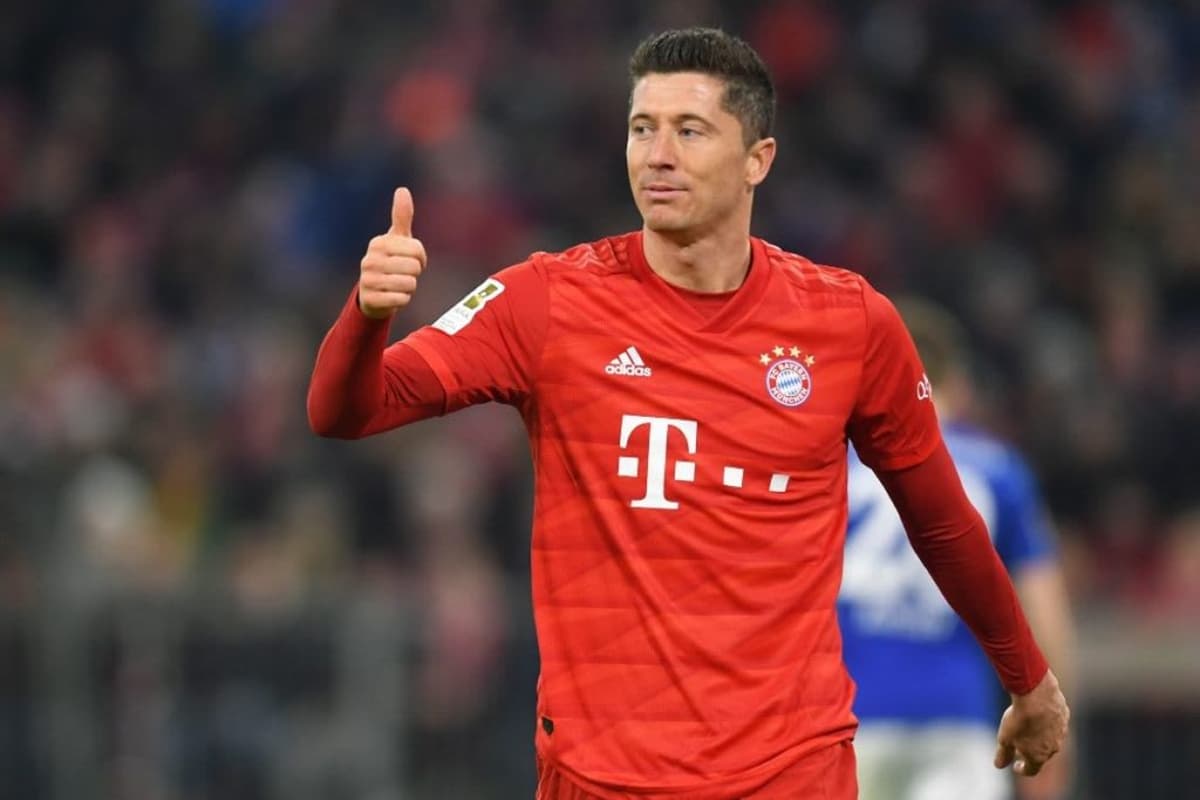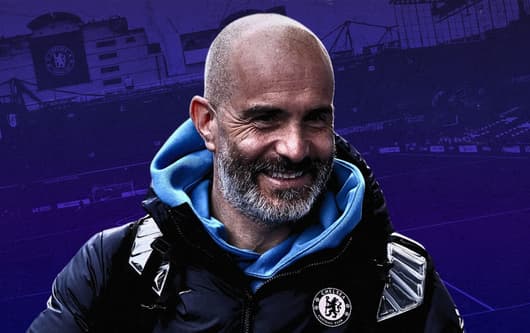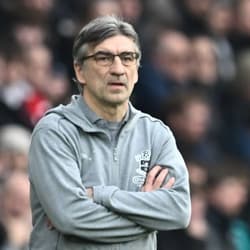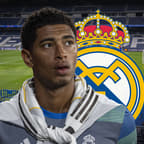-
News
- 23 minutes ago
The best scoring seasons not to win the Ballon d’Or

Karim Benzema is the favourite to win the Ballon d’Or this year, having starred in Real Madrid’s La Liga and Champions League successes last season, contributing with several goals.
He’s been the favourite ever since Los Blancos beat Liverpool in the Champions League final in May, and it’ll mark his first Ballon d’Or, and only the second player not named Lionel Messi or Cristiano Ronaldo to win it since 2007.
With that all-but-settled, all eyes turn to the Ballon d’Or in 2023, and there’s a few elements to this: World Cup performances often contribute massively to the award and with the tournament in the winter this year, there will be a twist.
The likes of Lionel Messi, Neymar and Kylian Mbappe have all had flying starts to the season and interestingly, Erling Haaland, who is becoming one of the award’s top contenders for 2023, does not have the advantage of playing in the World Cup as Norway haven’t qualified.
Haaland doesn't have World Cup advantage
Haaland has scored 17 goals in 10 games for Manchester City so far this season and if he keeps up that rate, he could well end the season on over 70 goals, enough to win football’s biggest individual honour and add to his impressive portfolio in his young career so far.
However, fine displays in the World Cup from one of Messi, Neymar, Mbappe or anyone else could swing the pendulum in their favour – apart from Messi in 2010 and Ronaldo in 2014, very rarely have great World Cup performances not resulted in a Ballon d’Or success in recent times.
There have been a few great goalscorers in the past who have not ended up winning the Ballon d’Or, with the most notable one in the recent past being Robert Lewandowski. He was unfortunate to see the 2020 edition be cancelled, after scoring 55 goals in the treble-winning 2019-20 season.
Luis Suarez in 2015-16 had the best campaign of his career, winning La Liga as well as the European Golden Shoe, scoring 59 goals across all competitions for Barcelona. He was pipped to the award by Ronaldo, who had the merit of the Champions League and Euro 2016 success.
🗓 OTD in 2016: 🥋💥
Luis Suarez produced this absolute worldie for Barca! 😮 pic.twitter.com/iG2npybqxL— Football on BT Sport (@btsportfootball) March 16, 2020
Radamel Falcao was on fire for Atletico Madrid in 2012/13, having scored 34 times across all competitions, however, being in the era of Messi and Ronaldo at their very best, he was unable to claim football’s biggest individual honour, but he did end up earning a big move to Monaco.
In 2007, Didier Drogba had a fantastic year for Chelsea, being the Premier League’s top scorer, but his performances were only worthy of a fourth-place finish in the Ballon d’Or rankings for that year as Kaka won the award, with Messi and Ronaldo being in second and third respectively.
A year prior, Samuel Eto’o was a star for Barcelona, spurring them on to a first Champions League win and scoring 34 goals across the campaign in one of his best seasons for Barcelona, but his performances were eclipsed by those at the World Cup: Fabio Cannavaro won the Ballon d’Or that year.
🔵🔴 #OTD in 2006, Barcelona became champions in Paris 🏆#UCL | @FCBarcelona pic.twitter.com/SViHjXJFzz
— UEFA Champions League (@ChampionsLeague) May 17, 2020
Just before that, Thierry Henry put up career-best numbers in the 2003-04 season, scoring 39 goals across the campaign for Arsenal and maintaining his form throughout 2004, only to be pipped to the award by Milan’s Andriy Shevchenko, just a year after a 32-goal season was beaten by Pavel Nedved.
Shevchenko himself was in great form for Milan between 2000 and 2001, and won neither award, first being beaten to it by the mercurial Luis Figo and then by Michael Owen, who was a fine goalscorer in his own regard having starred for Liverpool.
Whether Haaland enters this list remains to be seen but the fact is that he’s had a brilliant start to the season, and if he keeps this up and adds to it with silverware, he’ll certainly be making a strong shout to win the Ballon d’Or in 2023, or have one of the all-time great seasons to have not won the prestigious prize.



















